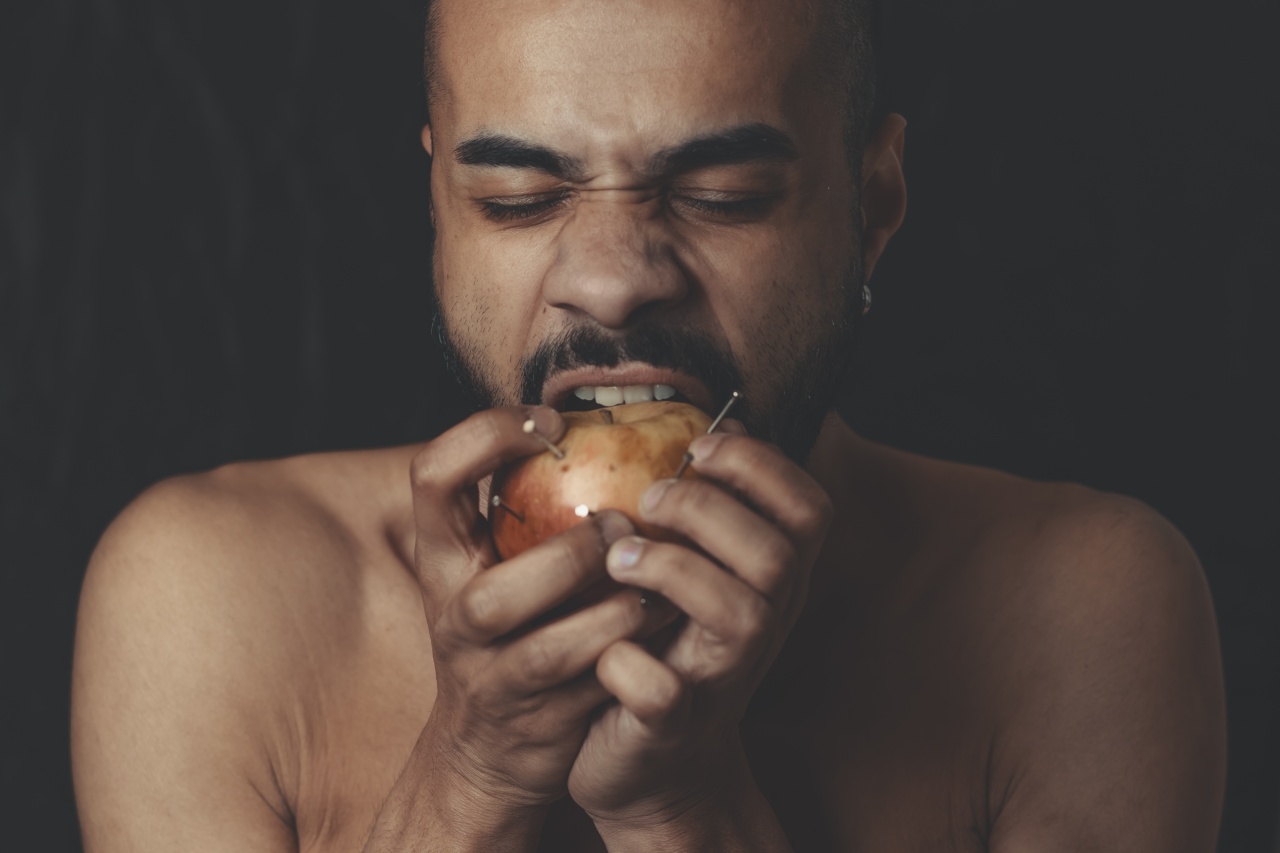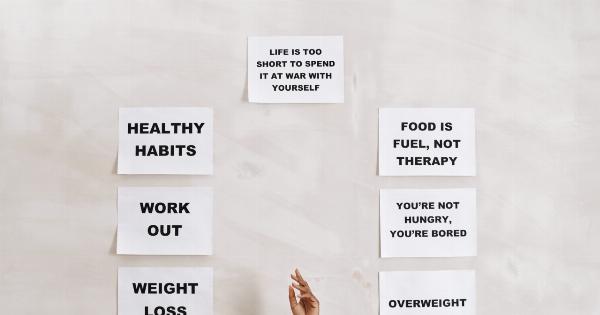For some people, biting their nails is nothing more than a harmless habit. However, for others, nail biting can become a compulsive behavior that is difficult to control.
Regardless of the severity, it is important to understand the potential consequences of nail biting, as well as the strategies that can help you break the habit.
The Dangers of Nail Biting
Most people are aware that nail biting can lead to unsightly nails and cuticles, but the dangers of this habit go further than just aesthetics. In fact, nail biting can cause a number of physical health issues, including:.
1. Infections
Our hands pick up a lot of germs and bacteria throughout the day. When we bite our nails, we introduce these germs into our body, which can lead to infections. In some cases, these infections can be severe and require medical treatment.
2. Dental Problems
Regular nail biting can cause teeth to shift out of place or become damaged. It can also lead to jaw problems, such as TMJ disorder.
3. Stomach Issues
When you swallow nail clippings, your body is unable to digest them. This can lead to stomach problems, such as gastrointestinal blockages or infections.
4. Mental Health Problems
In some cases, nail biting can be a sign of a larger mental health issue, such as anxiety or obsessive-compulsive disorder. If you find yourself unable to stop biting your nails, it may be a good idea to speak with a mental health professional.
Breaking the Habit
Breaking a habit is never easy, but there are strategies that can help you kick the nail biting habit for good. Here are a few tips:.
1. Keep Your Hands Busy
One of the easiest ways to stop biting your nails is to keep your hands busy with other activities. Consider taking up a hobby that requires the use of your hands, such as knitting or woodworking.
This will keep your mind off of nail biting and provide you with a healthy distraction.
2. Apply a Bit of Spice
If you find yourself biting your nails out of habit, try applying a bit of spice to your fingertips. This can be a deterrent for some people, as the taste and sensation can be unpleasant.
3. Practice Mindfulness
Nail biting is often a mindless habit that we engage in without even realizing it. Practicing mindfulness can help you become more aware of when you are biting your nails, allowing you to make a conscious effort to stop.
4. Seek Professional Help
If you are unable to kick the habit on your own, it may be time to seek professional help. A therapist can help you identify the underlying cause of your nail biting and provide you with strategies for breaking the habit.
The Bottom Line
Nail biting may seem like a harmless habit, but it can have serious consequences for your physical and mental health. By understanding the risks and strategies for breaking the habit, you can take steps towards healthier nails and a healthier mind.






























